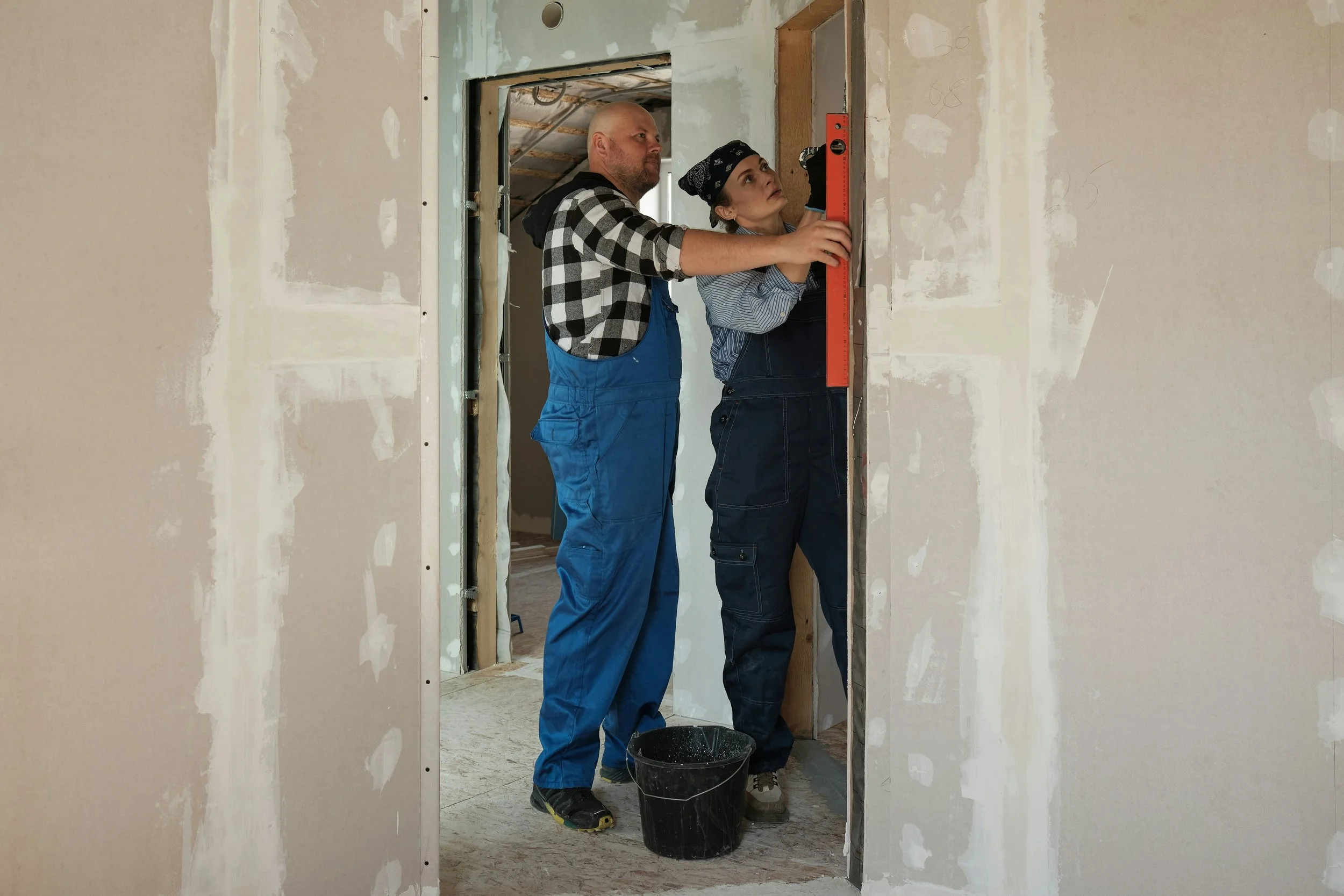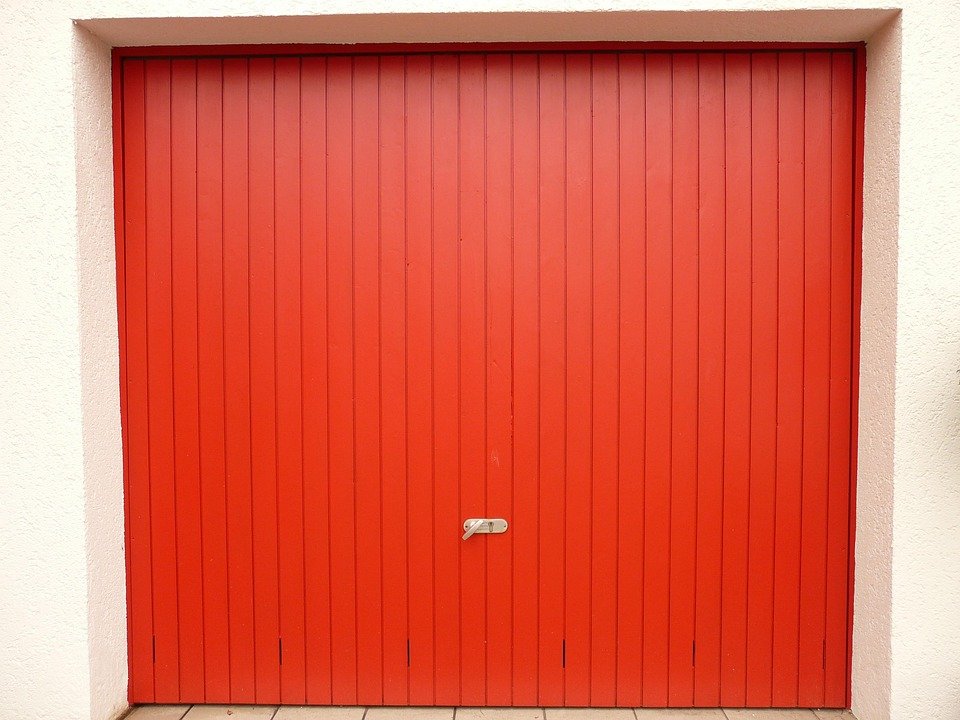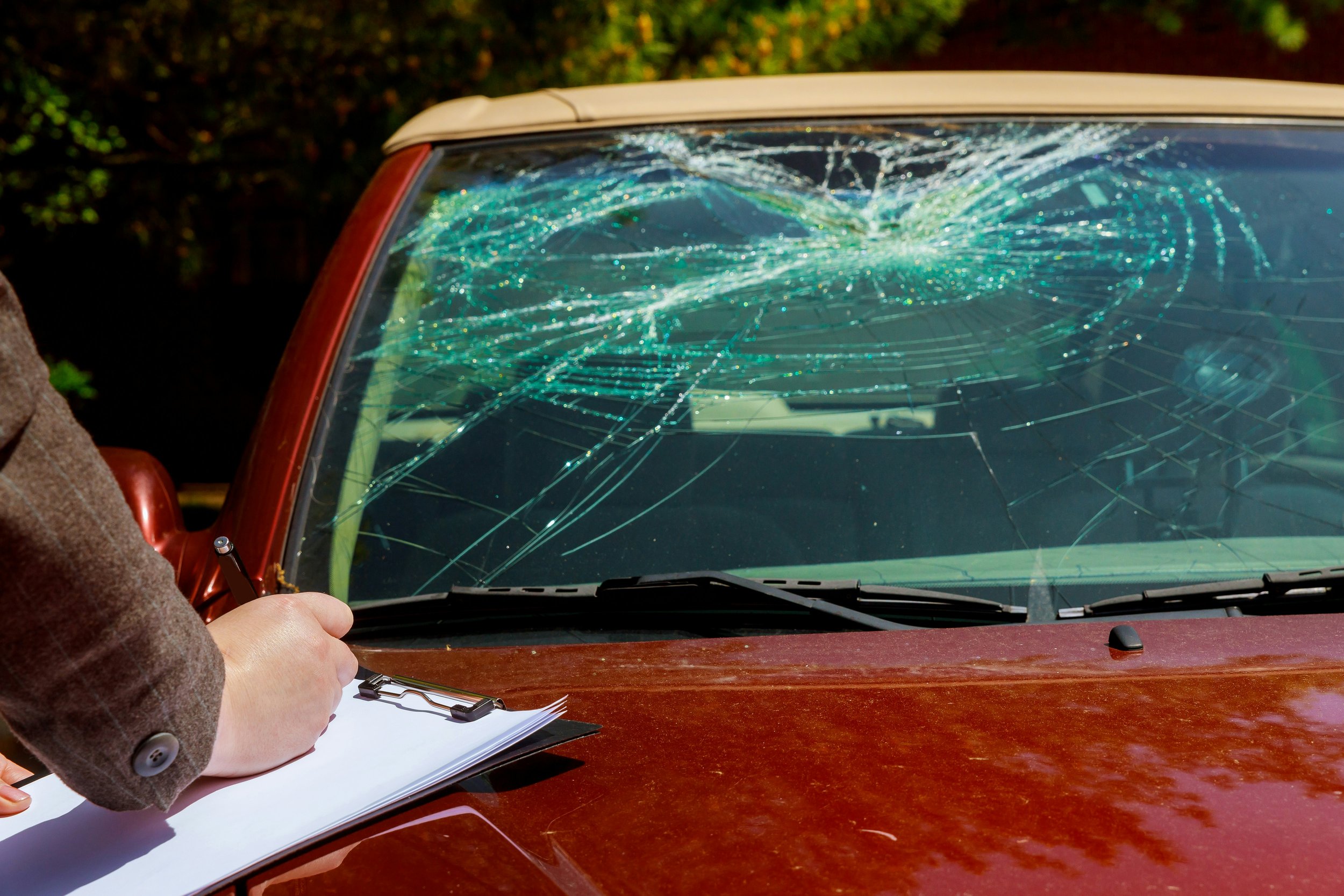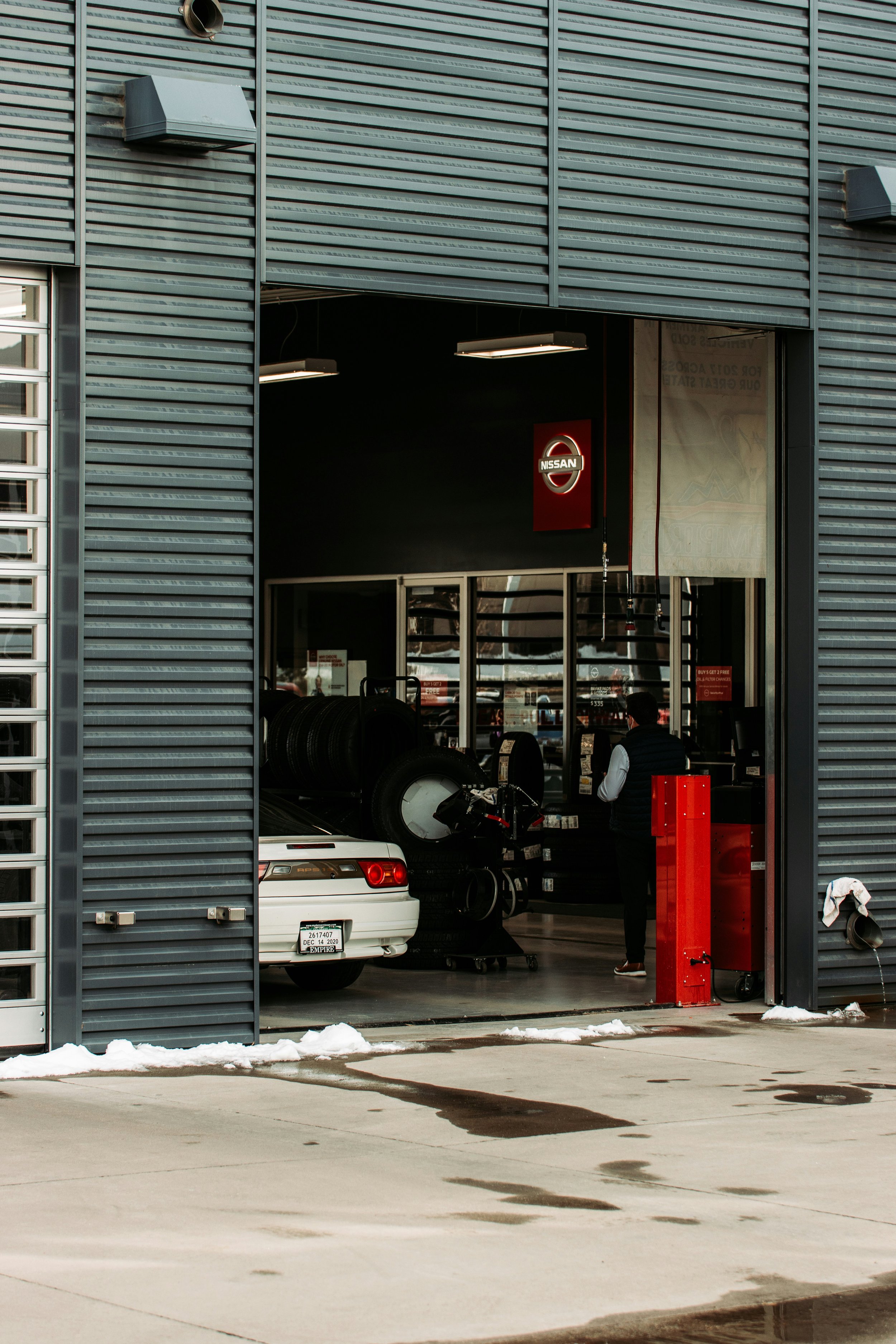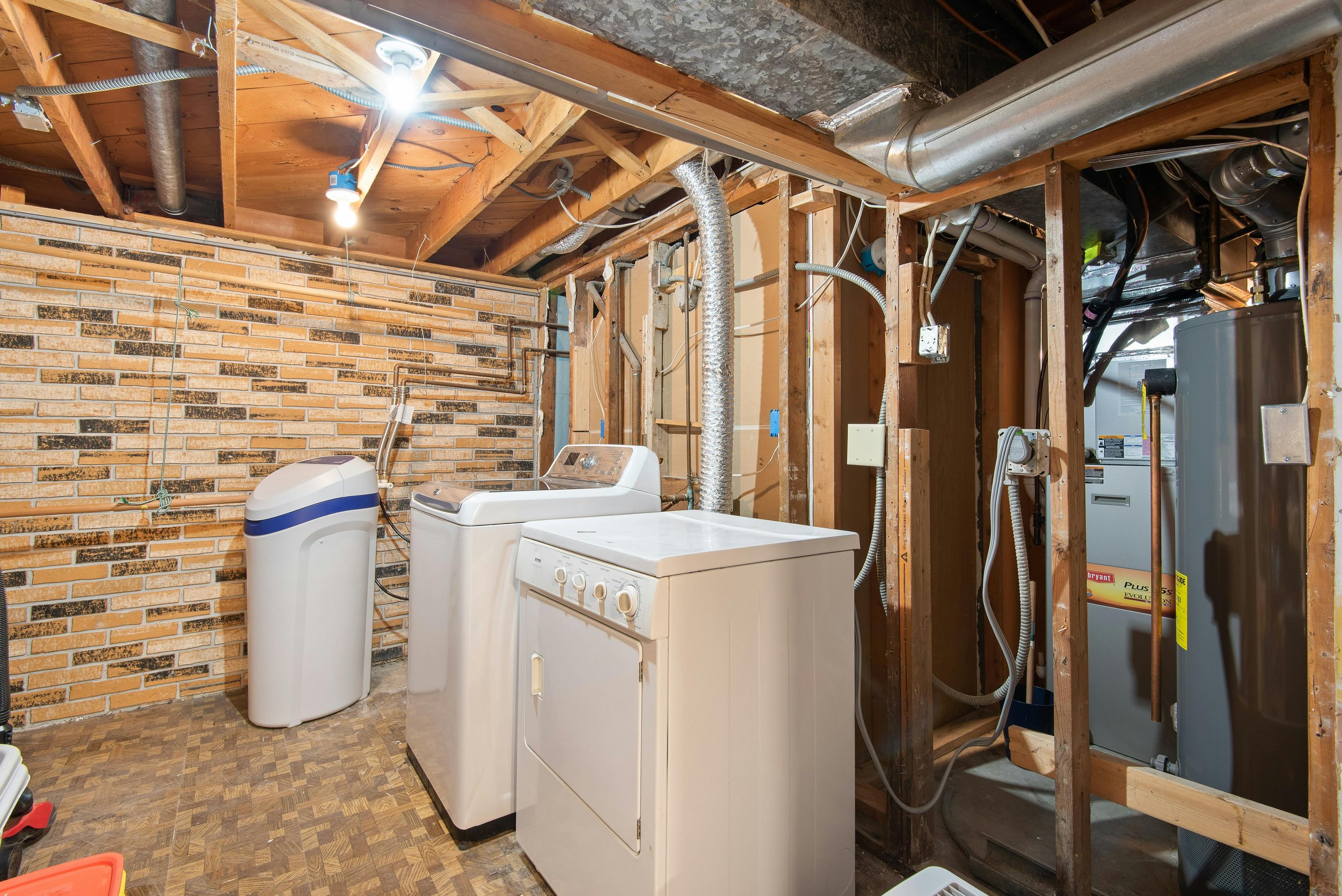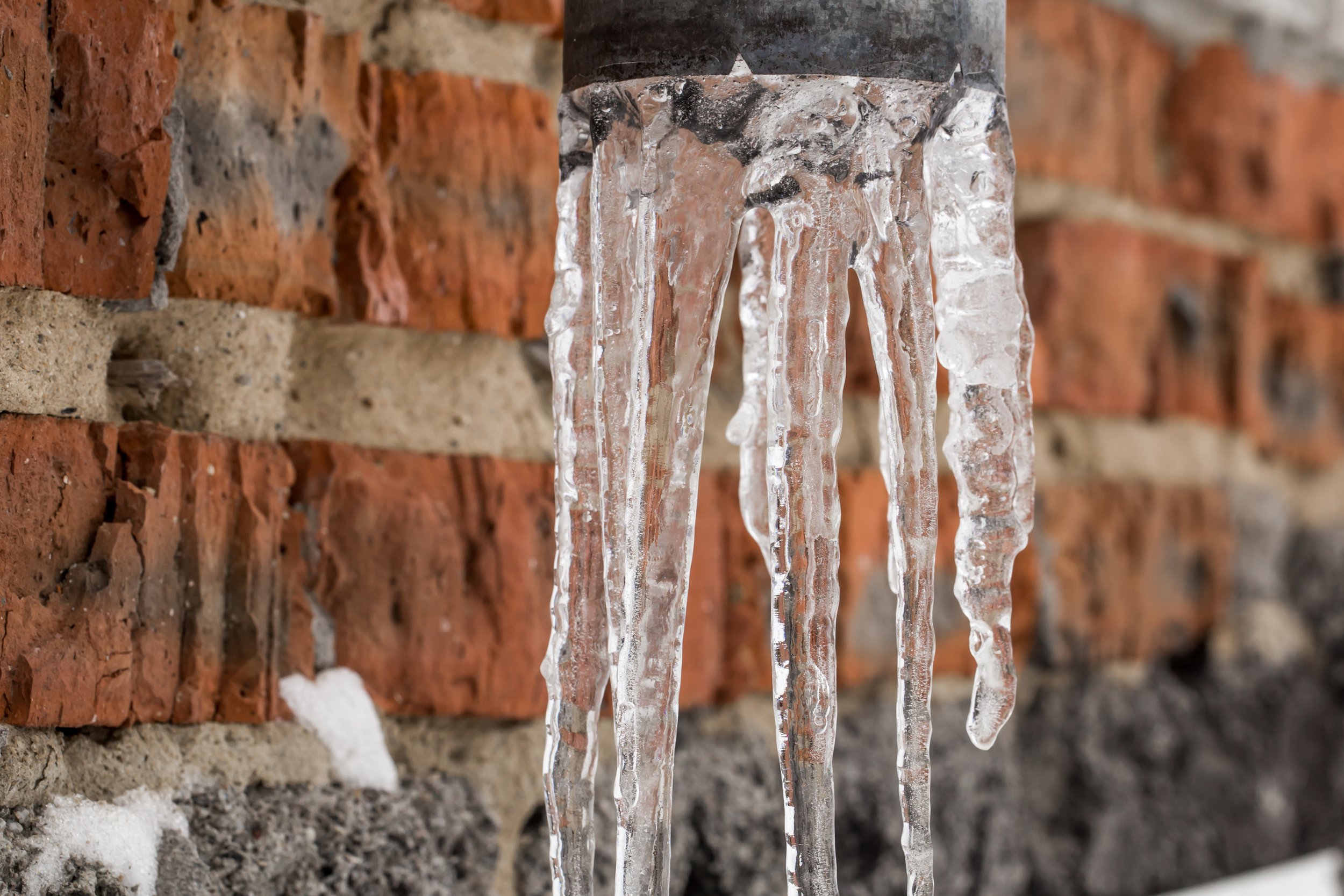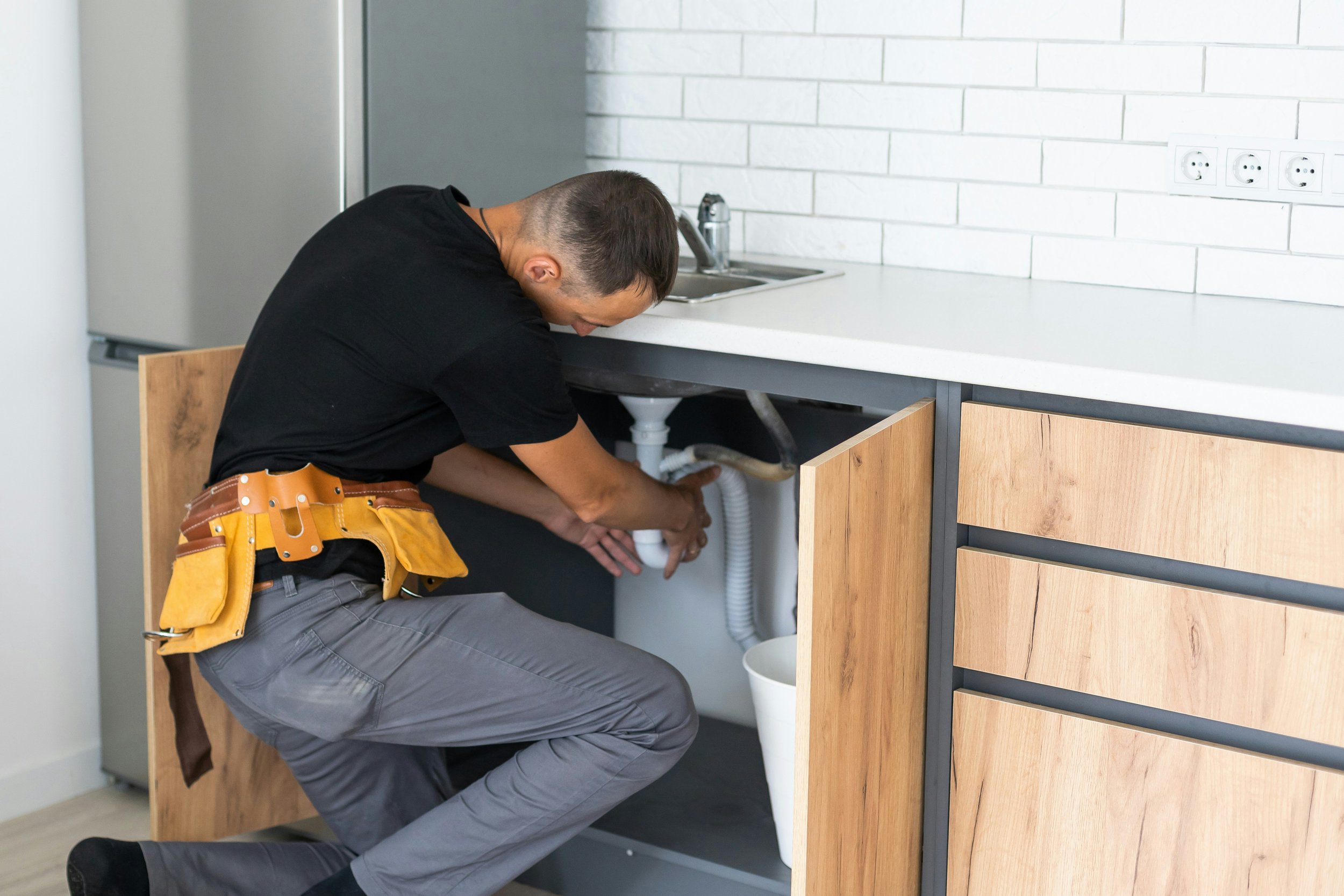How Long Does a Typical Home Inspection Take?
Curious about how long a home inspection takes? Discover the factors that affect the length of a home inspection, and get insights into the process in our step-by-step guide.
So, you’ve made an offer on a house, and now it’s time for the dreaded home inspection. If you’re like most people, you’re probably wondering, “How long does a typical home inspection take?” You’re not alone—this is one of the most frequently asked questions by homebuyers and sellers alike.
Whether you’re a first-time buyer, a seller getting ready to put your home on the market, or a seasoned pro, knowing what to expect during the home inspection process can take the edge off. After all, it’s not just about the time—it’s about what’s happening during those hours and how it’ll impact your decision.
In this guide, we’ll break down the ins and outs of home inspections, including how long they usually take, what factors influence the time, and how you can prepare for one. By the end of this article, you’ll feel confident and ready for the big day.
Factors That Influence How Long a Home Inspection Takes
Size of the Home
It’s no surprise that the larger the home, the longer the inspection. A home that’s 1,000 square feet will naturally take less time to inspect than a sprawling 5,000-square-foot mansion. The more rooms, systems, and areas to cover, the more time it will take for the inspector to check everything thoroughly.
Age of the Home
Older homes tend to have more issues and quirks, which can require extra attention during the inspection. While newer homes might be relatively straightforward, older homes might present hidden problems that take additional time to uncover.
Newer homes: A typical inspection might take around 2-3 hours.
Older homes: The inspection could take closer to 3-4 hours, depending on the age and condition of the property.
Condition of the Property
If the house is in tip-top shape, the inspection will likely move along quickly. However, if it’s been neglected, you can expect a longer inspection. Issues like mold, foundation cracks, plumbing problems, or an outdated electrical system can require additional time for the inspector to assess and document.
Type of Inspection
While the standard home inspection usually covers the basics—foundation, roof, plumbing, electrical, and HVAC systems—there are additional types of inspections that might add time to the process:
Radon Testing: Often takes 48 hours and is done separately.
Pest Inspection: Typically adds 30 minutes to 1 hour.
Mold Testing: May require additional time depending on the size of the property.
Swimming Pool Inspection: Can add extra time if there’s a pool on the property.
Typical Home Inspection: What’s Included and How Long Does Each Part Take?
If you’re wondering what happens during a home inspection and how long each part takes, here’s a quick breakdown:
1. Exterior Inspection (30-45 minutes)
The inspector will start by walking around the outside of the property. This is where they’ll check the siding, foundation, roof, windows, gutters, and drainage systems. They’ll also assess the driveway, porches, and walkways for any signs of damage or wear.
2. Interior Inspection (1-1.5 hours)
Next, the inspector will move inside the home, starting with the basement or crawl space (if applicable). They'll inspect:
Plumbing: Checking for leaks, water pressure, and the condition of pipes.
Electrical System: Verifying the operation of outlets, circuit breakers, and the overall safety of the electrical system.
HVAC: Ensuring the heating and cooling systems are in good working order.
Structural Integrity: Checking for any issues with walls, ceilings, and floors.
3. Kitchen and Bathrooms (30 minutes)
The inspector will look over the kitchen and bathrooms to check that all appliances are functioning and that there are no signs of leaks, mold, or water damage.
4. Roof and Attic Inspection (30 minutes)
Inspecting the roof is essential because it protects the home from the elements. The inspector will check for leaks, worn-out shingles, or any other potential roof problems. They will also inspect the attic for insulation, ventilation, and any signs of pest infestations.
5. Final Walkthrough (15-30 minutes)
Once the inspector has completed their initial examination of the house, they’ll conduct a final walkthrough to ensure they haven’t missed anything important. This is also an opportunity for the buyer to ask any last-minute questions or address concerns. The inspector will review their findings, and if necessary, suggest repairs or further evaluations. This walkthrough ensures that both parties are on the same page before moving forward with the purchase or any negotiations.
How Long Does a Typical Home Inspection Take: By the Numbers
The time it takes for a home inspection depends on several factors. However, a general estimate for a standard inspection is:
1,000-2,000 square feet: Typically 2-3 hours
2,000-3,000 square feet: Typically 3-4 hours
3,000+ square feet: Typically 4-5 hours or more, depending on the complexity of the inspection
If the inspector has to deal with any additional tests or if issues arise that require more attention, the inspection could take longer.
How to Prepare for a Home Inspection: Tips to Save Time
Now that you know how long a home inspection takes, you might be wondering if there’s anything you can do to make it go smoother and quicker. Absolutely! Here are a few tips:
1. Clear the Area
To ensure a smooth inspection, make sure the inspector has easy access to all areas of the house, particularly the attic, basement, and crawl spaces. Clearing away any clutter or obstacles will help them move through the property efficiently and allow for a thorough examination. This not only helps speed up the process but also ensures that all potential issues are addressed, giving you a comprehensive understanding of the home’s condition.
2. Provide Documentation
If you've had any recent repairs, upgrades, or inspections done, be sure to provide the inspector with the relevant paperwork. Having these documents on hand can save time and streamline the inspection process, as it allows the inspector to quickly assess the condition of certain areas that may have been addressed previously. This also ensures that the inspector is aware of any improvements made, helping them make a more informed evaluation of the home’s overall condition.
3. Be Available for Questions
While it’s not necessary to hover over the inspector, it’s helpful to remain available in case they have any questions or need clarification. Being present allows you to address any concerns immediately, ensuring there are no misunderstandings or miscommunications. It also gives you the opportunity to ask questions about the home’s condition, which can be valuable in making informed decisions or negotiations after the inspection is complete.
Conclusion
When it comes to home inspections, it’s important to understand how long they typically take and what’s involved. By preparing ahead of time and knowing what to expect, you can make the process smoother and easier. Whether you’re buying or selling a home, understanding the ins and outs of the inspection will help you make better decisions moving forward.
So, how long does a typical home inspection take? Generally, around 2-3 hours for an average-sized home, but it can vary based on a number of factors. Armed with this knowledge, you’re now ready to navigate your home inspection with confidence. Good luck!
Frequently Asked Questions
1. How long does a typical home inspection take?
A standard home inspection typically takes around 2-3 hours, but it can take longer if the property is large, older, or has issues that require more time to assess.
2. What happens during a home inspection?
The inspector will check the home’s structure, systems, and appliances for safety, functionality, and signs of damage or wear. They’ll examine the exterior, interior, plumbing, electrical system, HVAC, and roof.
3. Does the home inspection time vary based on the house size?
Yes, larger homes will generally take longer to inspect. The more square footage, rooms, and systems there are, the longer the inspection will take.
4. Do I need to be present during the inspection?
While it’s not mandatory, it’s a good idea to be present so you can ask questions and understand any issues the inspector might find.
5. How can I speed up the inspection process?
Clearing the area, providing necessary documentation, and being available to answer questions will help the process run more smoothly.
Stay up to date with our latest ideas!

